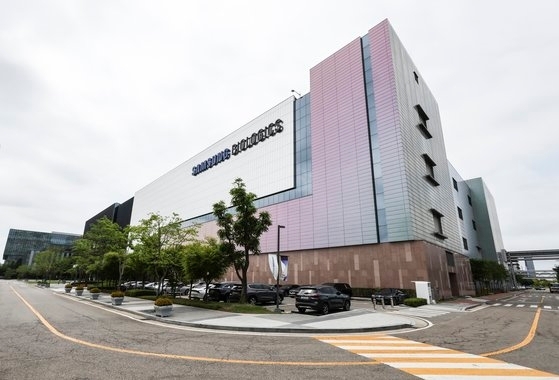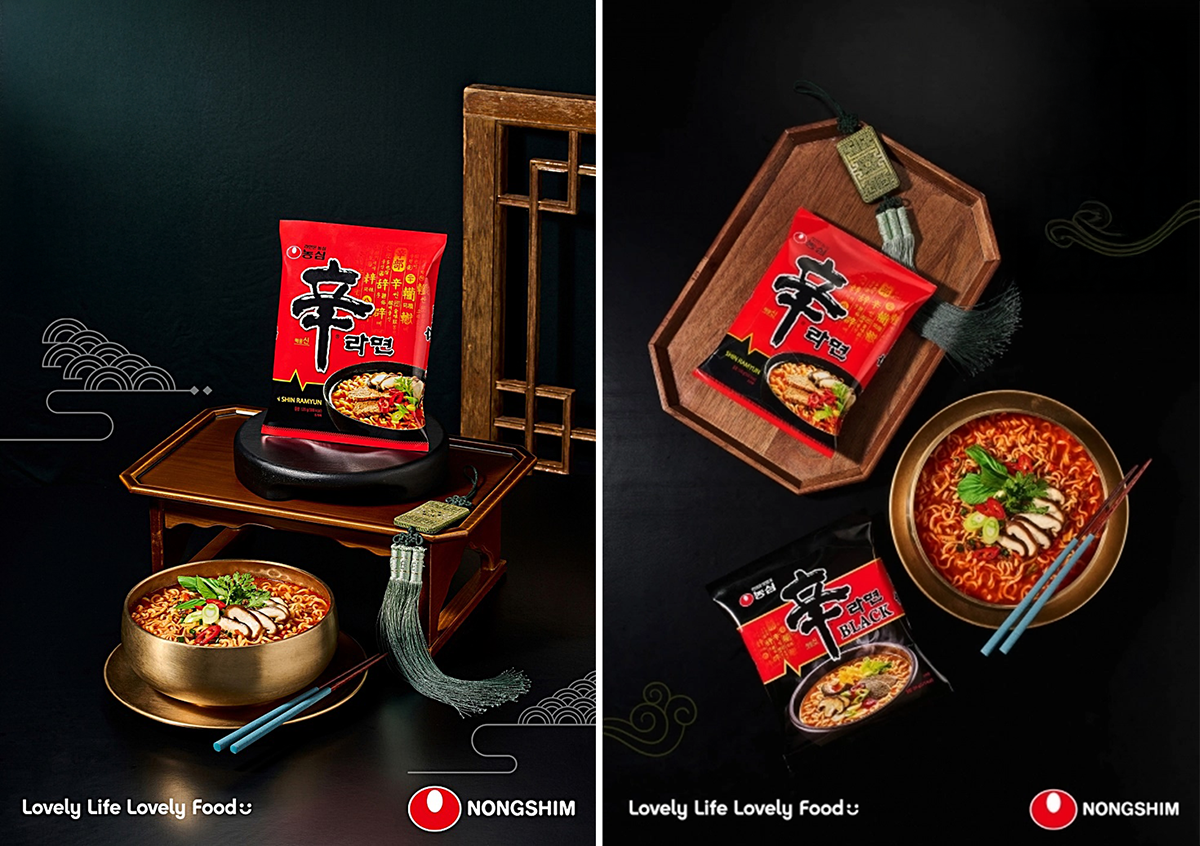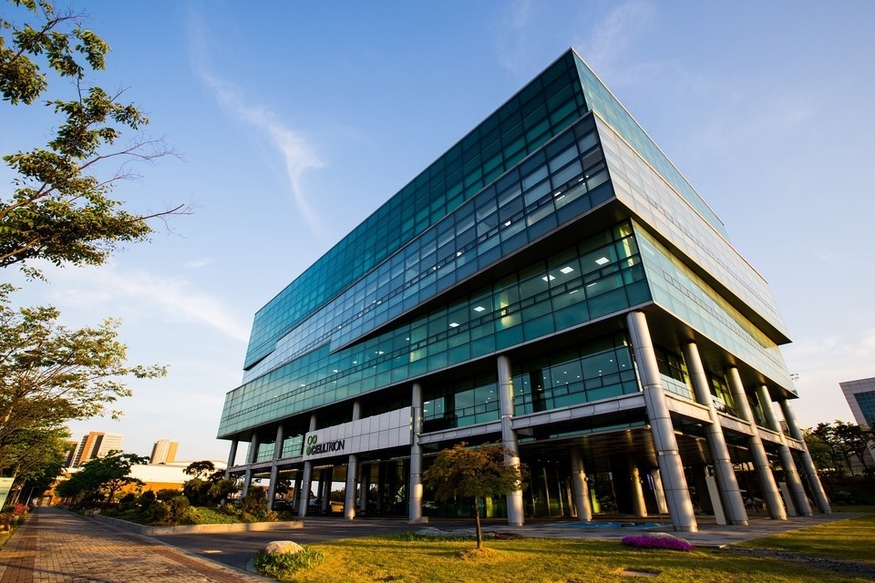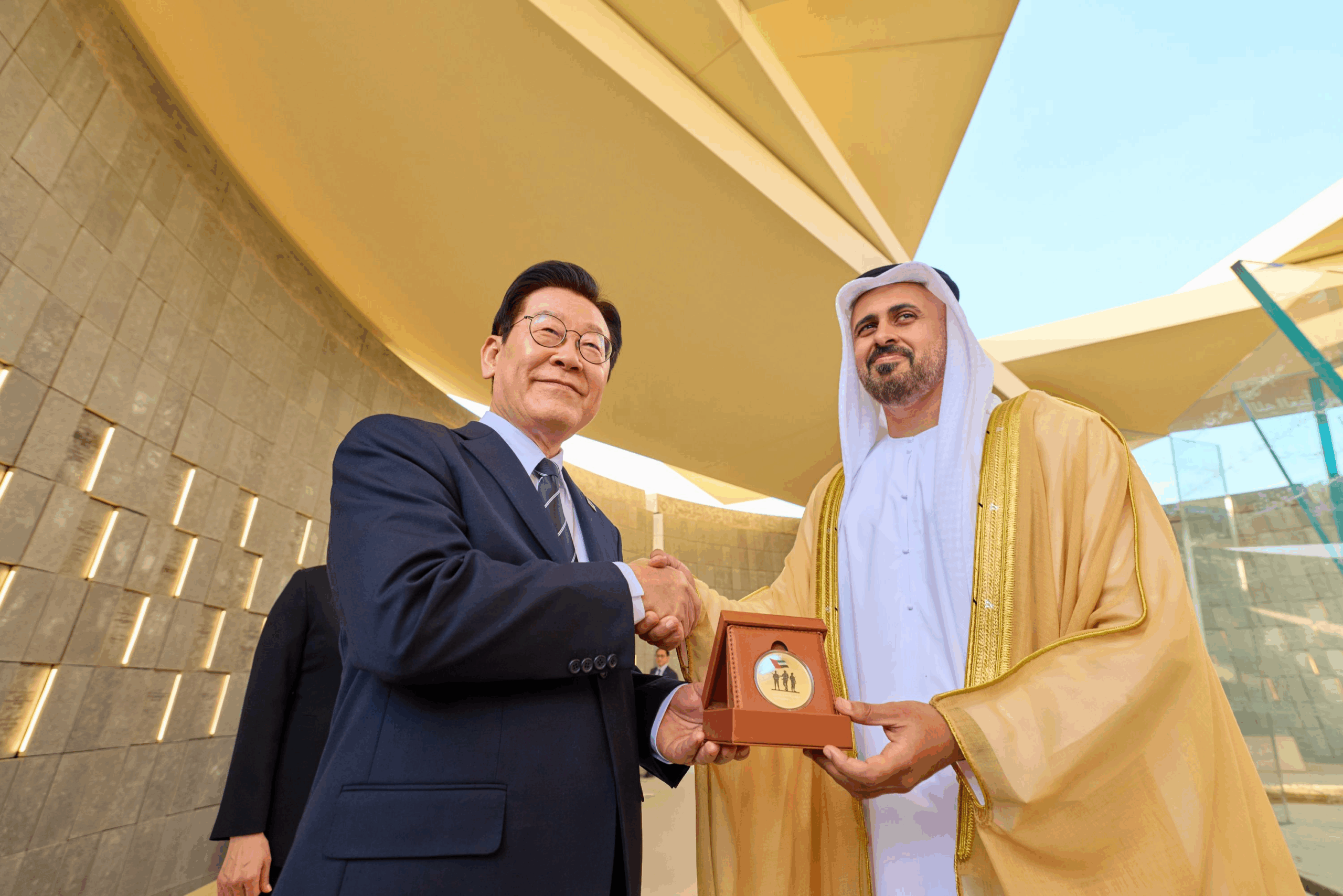
South Korean drugmaker Hanmi Pharmaceutical is preparing to file for approval of its next-generation obesity treatment, Efpeglenatide, by the end of this year after the drug demonstrated up to a 30% reduction in body weight in clinical trials involving Korean adults.
The company disclosed topline Phase 3 interim results showing that the once-weekly GLP-1 receptor agonist significantly outperformed placebo, while causing fewer gastrointestinal side effects such as nausea and vomiting — issues that have challenged patients using popular obesity drugs like Ozempic and Wegovy.
Hanmi said the interim analysis included data from 40 weeks of an ongoing 64-week trial and was released ahead of the full results to support its regulatory submission. “We expect even more favorable outcomes in the remaining period,” the company said in a filing.
The Phase 3 study enrolled 448 non-diabetic obese adults across multiple university hospitals in South Korea. It was a randomized, double-blind, placebo-controlled trial with a 5% body-weight reduction set as the primary endpoint. Results showed that 79.4% of participants receiving Efpeglenatide achieved at least a 5% weight loss, compared with 14.5% in the placebo group. About 49.5% lost more than 10% of their body weight (versus 6.5% for placebo), and 19.9% achieved reductions greater than 15% (versus 2.9% for placebo). The average weight change was -9.75% for the Efpeglenatide group, compared with -0.95% for placebo.
Notably, women with a BMI below 30 achieved an average weight reduction of 12.2%, the highest among all subgroups. Hanmi said this finding suggests the therapy could appeal to a broader population beyond those with severe obesity, potentially positioning Efpeglenatide as a “national weight-loss solution” in Korea.
Safety data also appeared favorable. The rates of nausea, vomiting, and other gastrointestinal symptoms were lower by double-digit margins compared with existing GLP-1 drugs. The treatment additionally showed signs of cardiovascular and renal protection, consistent with Hanmi’s earlier large-scale cardiovascular outcomes trial involving more than 4,000 global patients. That study was published in The New England Journal of Medicine and Circulation, confirming the drug’s cardiometabolic safety profile.
Hanmi plans to manufacture Efpeglenatide at its Pyeongtaek Bioplant to ensure stable domestic supply and cost competitiveness against imported products. The company expects local production to help prevent shortages that have affected foreign-made GLP-1 drugs amid surging global demand.
The firm also aims to expand Efpeglenatide’s indication to diabetes treatment and integrate it with digital health tools that track diet and exercise data, creating a personalized obesity management platform. Hanmi will present additional findings on Efpeglenatide and another obesity candidate, HM17321, at the 2025 ObesityWeek conference in Atlanta this November.
Hanmi CEO Jae-Hyun Park described Efpeglenatide as a “defining milestone” for the company’s pipeline, saying it will serve as the first major product under the firm’s H.O.P. (Hanmi Obesity Project) initiative. “We’re focusing all our capabilities on ensuring the successful launch of Efpeglenatide next year,” Park said.
If approved, Efpeglenatide would become Korea’s first domestically developed GLP-1-based obesity drug, positioning Hanmi as a new challenger in the fast-growing global weight-loss market dominated by Novo Nordisk and Eli Lilly.
















